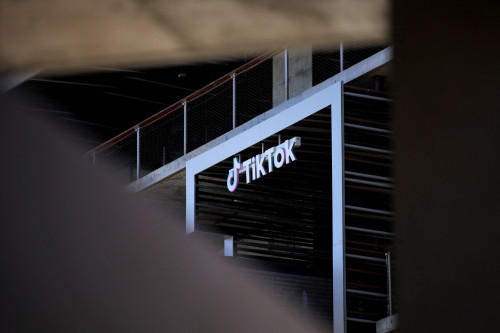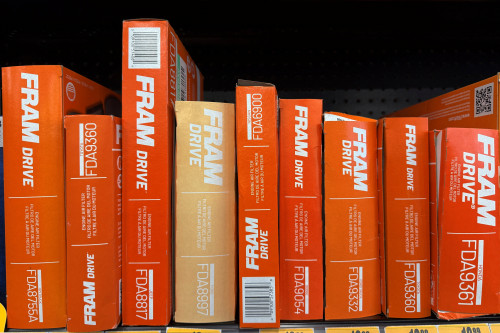The release of the May ‘Jobs Report’ sparked the market and Bond yields. It was a welcome positive report needed to allay investors worries of a possible developing recession. An unexpected 139,000 new jobs were added in May, boosting market confidence. Amid the constant tariff confusion and the anxiety of implementation there-of, investors across-the-board had good reason to return ‘back to the market.’ Strong buying ensued of stocks and even bonds. For the week ended Friday, the DowJones Industrial Average, and S&P 500 were up 1.2% and 1.5% respectively, with the tech-heavy Nasdaq Composite gaining 2.2%. The smaller value-stock Russell 2000 performed the best, surging 3.2% for the week, as investors were looking for quality value stocks. Rick Rieder, Black Rock’s chief investment officer for fixed income remarked: “Overall we saw that hiring is still happening at a reasonable pace.” The 10-year Treasury Note yield edged up as investors pivoted significant capital into bonds, concerned the economy is beginning to slow, even as labor remains very strong. As the Musk-Trump feud heats up and threats flow from both sides public sentiment is very negative. President Trump has threatened to suspend many lucrative government contracts. Musk has suggested a new political party and threatened exposure of purported relationship with Jerry Epstein, convicted of procuring a child for prostitution. More fodder for market watchers to digest, and don’t need.
Markets opened flat on Monday, then picking up steam in the chip sector as the government loosened restrictions on Chinese access to semiconductors and AI companies. All three indexes responded with the Dow Jones moving from negative to just below flatline. Both the Nasdaq and S&P 500 were up 0.3% and 0.1% respectively. Activity for the day was strongest in the tech and AI areas. The Magnificent Seven yielded a bit as some issues were slightly up whereby downers led gainers. “Right now, I think the path of least resistance (for stocks) is up. I think as we start approaching all-time highs again we’ll probably see some resistance,” said Matherw Tuttle, chief executive of Tuttle Management. The Bond market was slow, as the 10-year Treasury Note yield slipped to 4.5%, still a strong yield rate. Tuesday’s market was positive as all three indexes were boosted by heavier volume. Trade negotiations, according to Commerce Secretary Howard Lutnick were “going really really well,” with both countries shipping tariffed products immediately. Investors and traders took little time to digest and react to the good news, as volume spurted upward and stocks moved upward for the morning session then began to backtrack as the indexes showed. The CPI (Consumer Price Index) released early Wednesday morning buoyed stocks across the board. Economists had expected a number of 2.9% for May, with the actual being 2.8%, the same as April’s figure. Some economists projected a possible Fed interest rate hike in September as the steadiness of the CPI solidified that thinking. The morning session was positive, however in the afternoon trading turned a bit sour, even with a trove of good news. Another tough day for investors on Thursday as Israel struck Iran with missiles. Israel, concerned over Iran’s ability to develop nuclear weapons reacted harshly. Crude oil spurted nearly 9%, settling near $74.00 a barrel striking fear in oil producing nations and the world markets.
Platinum, the forgotten precious metal is finally beginning to radiate with investors, after a ‘10-year hibernation.’ Nearly 10 years ago Platinum was leading gold by $200 a troy ounce, $1,500 to $1,200. Today, Gold is King at $3,376.00 a troy ounce while Platinum is slowly easing up, at $1,242.10 a troy ounce. Investors are helping to create a new demand for Platinum, a once ’King-of-the-hill’ precious metal. “For Platinum investors the wait might be over,” said Bob Minter, Aberdeen’s director of ETF investment strategy.
RUMBLINGS ON THE STREET
Ryan Detrick, chief market strategist at Carson Group, WSJ – “It feels like those ‘animal spirits have come back. The reality is that the economy is still growing and could surprise to the upside, once we hopefully work our way through some of this trade uncertainty.”
Larry Fink, Chief executive of investment giant Blackrock, WSJ – “If the tariffs are instituted over the next 5 months I think we’re going to see very elevated inflation”
Brettt Ryan, senior U.S. economist at Deutsche Bank, WSJ – “There aren’t definitive signs of an impending, more serious downturn. Is it necessarily a very strong labor market or a strong hiring environment? No. But we’ve known that for the past six to 12 months.”




